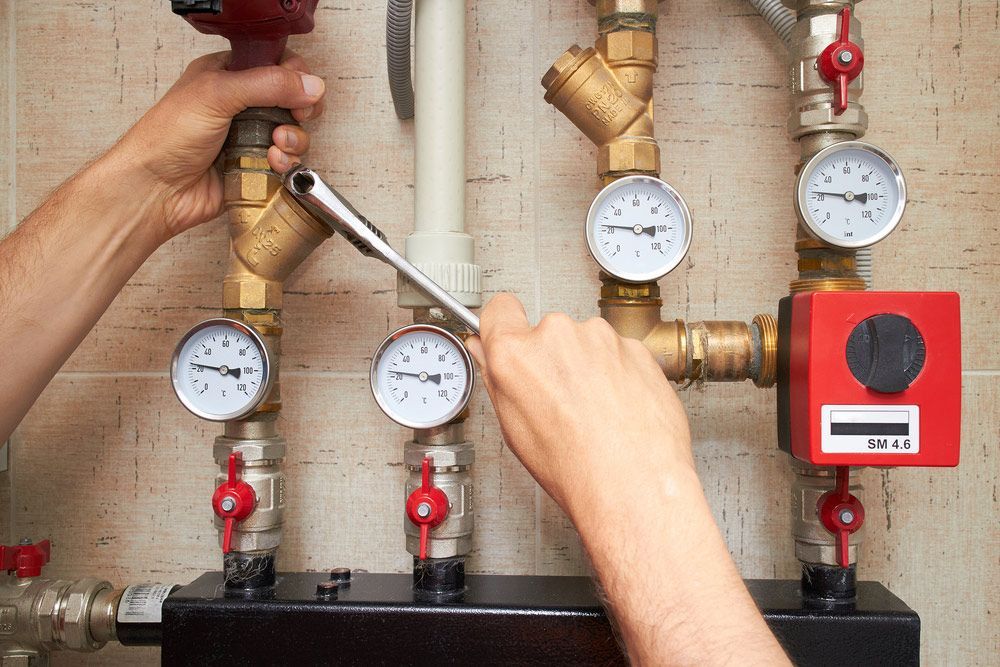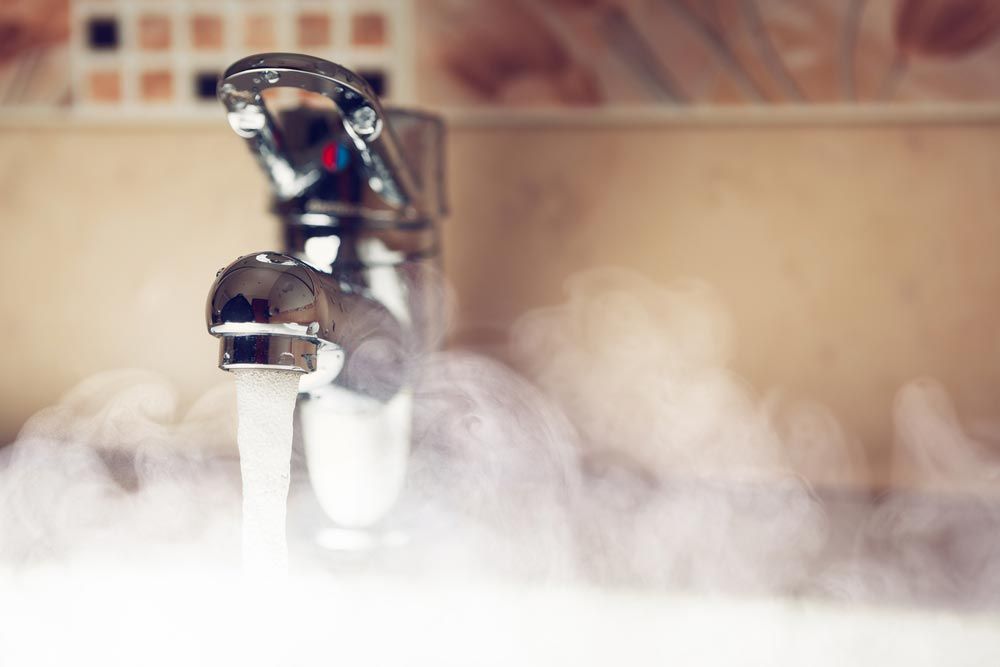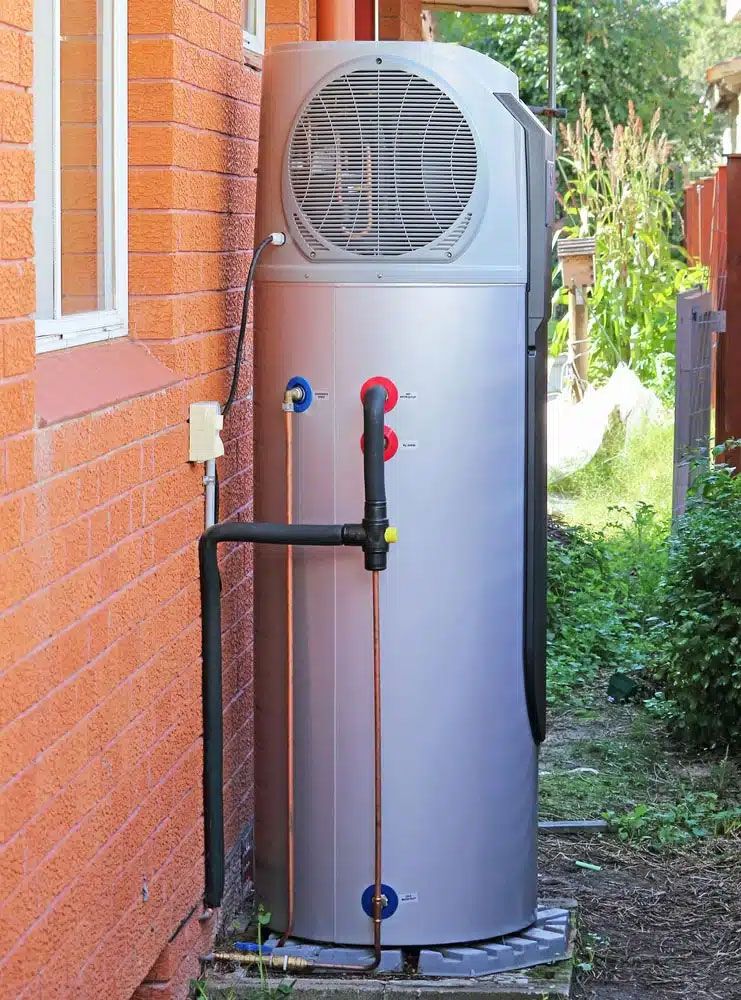Energy Consumption Of Electric Hot Water Systems: An Overview
Electric hot water systems, while essential for comfort, can significantly impact energy bills if not properly maintained. Understanding how these systems consume energy and exploring ways to enhance their efficiency can help you alleviate financial strain. In this blog, we’ll explore the key factors that influence energy usage. Whether you're thinking about a new system or seeking to upgrade, these insights will help you manage costs effectively.
On this page:
- Factors Influencing Energy Consumption
- Measuring and Monitoring Energy Usage
- Benefits of Energy-Efficient Hot Water Systems
- Key Signs Your System Needs Repair to Save Energy
- Comparing the Energy Efficiency of Different Systems
- Electric Hot Water Systems
- Heat Pump Systems
- Tips for Reducing Energy Consumption in Hot Water Systems
- Take Control of Your Energy Usage Today
Factors Influencing Energy Consumption
Electric hot water systems consume varying amounts of energy based on several key factors. Understanding these can help you manage and potentially reduce your energy usage:
- Amount of Water Heated: Larger volumes of water require more energy to heat.
- Thermostat Setting: Higher temperature settings use more power.
- Tank Capacity: Larger tanks inherently use more energy due to the increased volume of water they need to heat.
- Usage Frequency: Frequent use increases power consumption. Minimising unnecessary usage can help lower energy bills.
Consulting with a professional can be beneficial for precise calculations and tailored advice. They can help you explore energy-efficient options based on your unique usage patterns and requirements.
Measuring and Monitoring Energy Usage
Monitoring the energy usage of your electric hot water system can help identify potential inefficiencies. One straightforward way to measure energy usage is by regularly checking your electricity meter before and after using your hot water system. This comparison can give you an idea of how much power your system consumes.
Another method is to review your energy bills for patterns or sudden increases in usage. If you notice a significant spike in your energy consumption without a change in your usage habits, it might indicate that your system is becoming less efficient or that there is an issue. By keeping track of these simple metrics, you can take steps to improve the efficiency of your system.
Benefits of Energy-Efficient Hot Water Systems
Investing in an energy-efficient hot water system offers numerous advantages:
- Environmental Impact: Using less energy reduces your carbon footprint, making your home more environmentally friendly.
- Enhanced Performance: Energy-efficient systems often provide a more reliable and consistent hot water supply.
- Quiet Operation: These systems often run more quietly than traditional models, contributing to a more peaceful home environment.
Key Signs Your System Needs Repair to Save Energy
Recognising early signs of potential issues can help prevent excessive energy use and costly repairs. These include:
- Inconsistent Water Temperature: If your water is too hot or cold, it could indicate a failing thermostat or heating element.
- Strange Noises: Banging, popping or whining sounds often mean sediment buildup or a component issue.
- Discoloured or Smelly Water: This may signal corrosion or bacterial growth inside the tank.
Regular maintenance and timely repairs can keep your hot water system running efficiently, preventing unnecessary energy consumption and extending its lifespan.
Comparing the Energy Efficiency of Different Systems
Electric hot water systems come in various types. Understanding the differences can help you make an informed decision when installing or upgrading your system.
Electric Hot Water Systems
They store hot water in a tank and keep it at a set temperature, which means they use energy continuously to maintain this temperature. While they are reliable and can provide hot water on demand, their continuous energy usage can lead to higher energy bills.
Heat Pump Systems
They work by extracting heat from the air or ground and using it to heat the water. This process uses significantly less electricity compared to traditional electric storage systems. Although heat pump systems can be more expensive to install, their lower operating costs can result in long-term savings.
Tips for Reducing Energy Consumption in Hot Water Systems
Reducing the energy consumption of your hot water system can lead to significant savings on your energy bills and a lower environmental impact.
- Adjust the Thermostat: It's advisable to set your thermostat to 60°C to balance comfort and efficiency.
- Use a Timer: Install a timer to ensure the system only heats water when needed.
- Insulate Tanks and Pipes: Proper insulation helps retain heat and reduces the amount of energy needed to maintain water temperature.
Take Control of Your Energy Usage Today
At 1Touch Plumbing, we offer installation, repairs and maintenance of hot water systems. Our team is dedicated to helping you choose energy-efficient solutions tailored to your needs. For professional advice and high-quality service, give us a call today.













